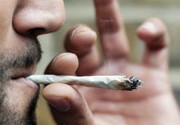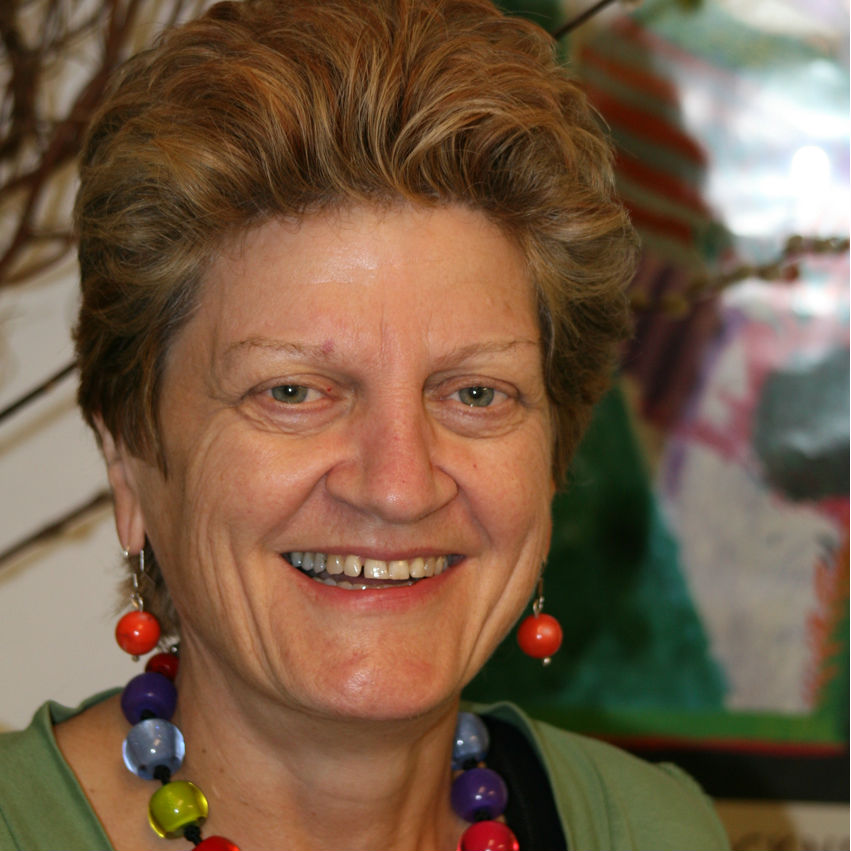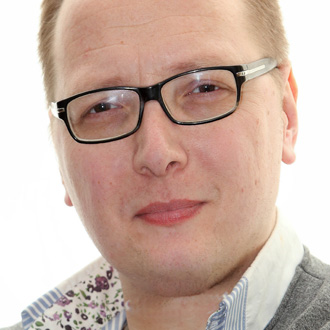Should drug possession and use be legalised?


YES
The question is: what does a responsible society do? Does it dogmatically stick to a system that has led to millions of HIV infections, millions of overdoses and to an enormous source of income for some of the most violent criminals in the world? Or does it reform the system to improve health benefits and reduce inequality?
There will always be deaths from driving fast cars but there would be many more if we did not teach people to drive, make them pass a test and ensure the cars are safe to drive. It’s the same for drugs. Throughout history people have used a variety of substances to feel different. There is nothing to indicate that they will ever stop. But if drugs were legal we could ensure that this use is as safe as possible.
We know that the majority of people who try both legal and illegal drugs use them quite sensibly for recreational purposes. Almost half of all 15-16 year olds have used an illegal drug so it’s quite normal. The most damaging thing that can happen to this group is to get a criminal record – affecting travel, employment – not damage to their health.
For the minority where drug use does become a health problem, 30 years of caring for these patients in general practice made me realise that most of them came from backgrounds where poverty and marginalisation was rife. We need to address problem drug use here, not push these people into a criminal act, penalising them further for their background.
We live in a highly regulated society – for the most part a good thing. When you buy a bottle of beer you know exactly what it contains and how strong it is. This is not so in the completely unregulated market for widely used illegal drugs. Most of the health risks can be attributed to this – one simply does not know what a given sample contains or how strong it is. If drugs were legal, we would be able to regulate them and ensure that they are as safe as possible.
And they can be safe. It is widely accepted now that alcohol is as dangerous as almost any other drug and much more dangerous than the most commonly used drugs, as we GPs see in many of our patients. The arbitrary reasons that make some legal and others illegal was not for health reasons but can be traced back to the 1930s in the USA when drugs were associated with different people: Chinese people with opium, Mexicans and cannabis and African Americans with cocaine. There was a brief experiment with making the drug of choice (alcohol) of white people illegal but that was soon changed.
Leaving what are currently known as illicit drugs in the hands of gangsters and simply telling people that their products are illegal is not what a responsible society does. When almost half of all young people are doing something we must ensure that it is as safe as is possible. With drugs this will only ever be achieved by having a regulated market like we do for everything else. It won’t be perfect at first but the sooner we start the sooner we will see a reduction in unnecessary tragedies.
Dr Chris Ford is a GP and Clinical Director of International Doctors for Healthier Drug Policies (IDHDP)

NO
Illicit drug use is an international problem. We’ve seen the ‘war on drugs’ fought for decades. Homeless shelters are full of people addicted to drugs and suffering as a result.
The question is, would legalising drugs make them any less of a problem? I would argue not. Decriminialising or legalising all illicit drugs could potentially make them even more available, with the resulting health harms that come with increased drug use.
And increasing legality of drugs seems to be correlated with adverse health outcomes. In much of the US, the legal status of cannabis varies between legal, decriminalised, available for medical use and illegal. In general, since there has been a more relaxed attitude to cannabis, use has increased as have hospital admissions, the vast majority for psychiatric problems.
Closer to home, an experiment looking at depenalising possession of cannabis in Lambeth saw a decrease in criminality, but a significant and prolonged increase in hospital admissions for cannabis use amongst young men.
Us GPs see these health harms in patients coming to us with HIV and crippling addictions. Campaigners for legalising drugs argue that the current illegality of drugs could mean that users are driven away from accessing healthcare. Yet patient-doctor confidentiality is the cornerstone of our profession, and so the legal status of drug use should not be barrier to those seeking help.
Misuse of drugs should be seen as a healthcare issue, not a criminal justice issue, but we don’t need to legalise drugs to achieve this. Portugal took the step in 2001 of decriminalising the possession of all drugs for personal use. This reduced drug use, mainly because it brought drug use into the domain of health, rather than the criminal justice system. There is nothing that prevents us from doing this even with the law as it stands in the UK.
Those in favour of legalising drugs suggest that the legal status of drugs doesn’t make a difference in the rates of drug use, which remain high. But according to the 2014-15 Crime Survey for England and Wales, illicit drug use for all age groups, and particularly the 16-25 year age bracket, have showed a slow steady decline. This is in the context of the current legal framework and legalising drugs could cause a damaging reversal of this trend.
Changing the legal status of drugs of abuse may imply that drugs are safe, when we all know they are nothing of the sort. For many, drug use may be seen as a harmless pursuit, but it’s a pursuit that can ruin lives. We should be cautious about relaxing the drug laws. Once that genie is released, there’s no way of putting it back.
Dr Matt Piccaver is a GP in Glemsford, Suffolk
Pulse July survey
Take our July 2025 survey to potentially win £1.000 worth of tokens












